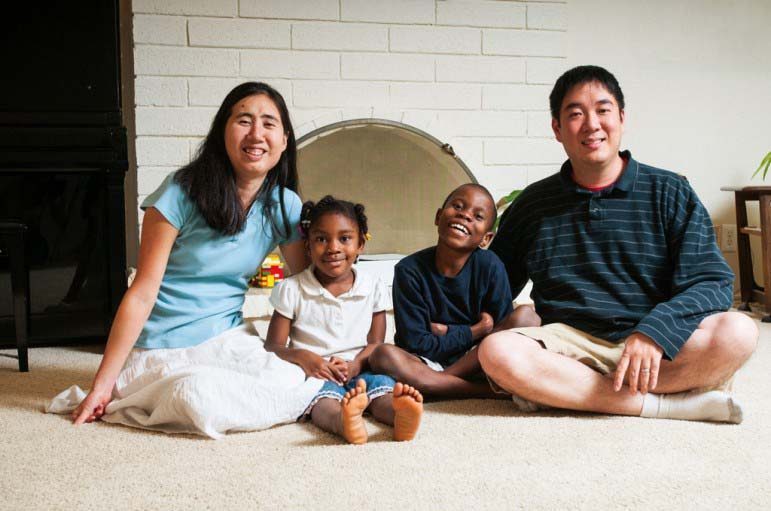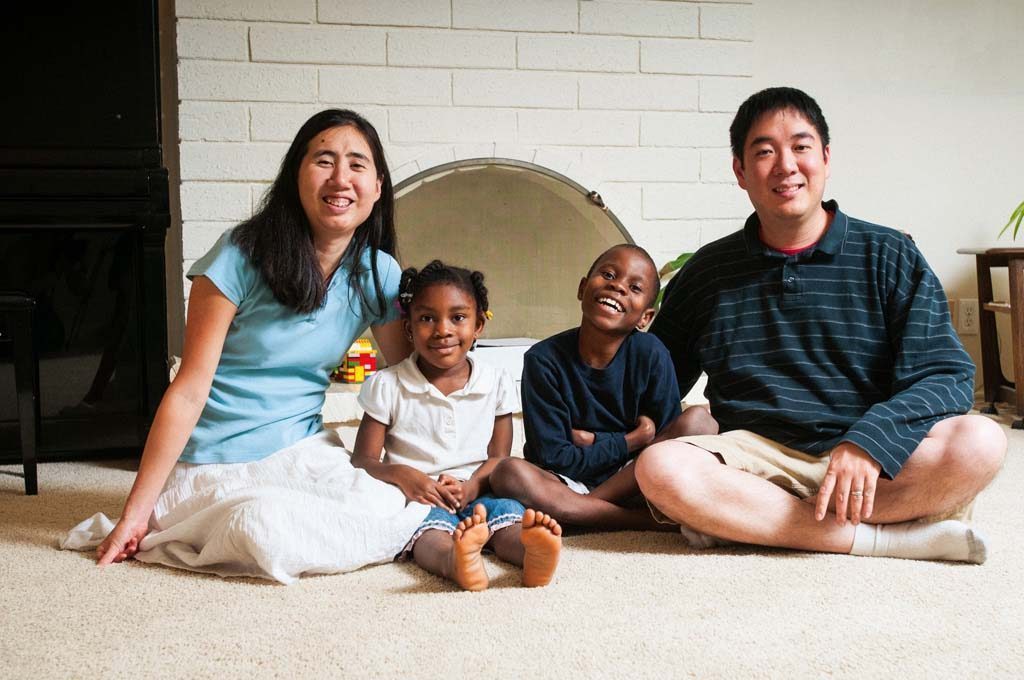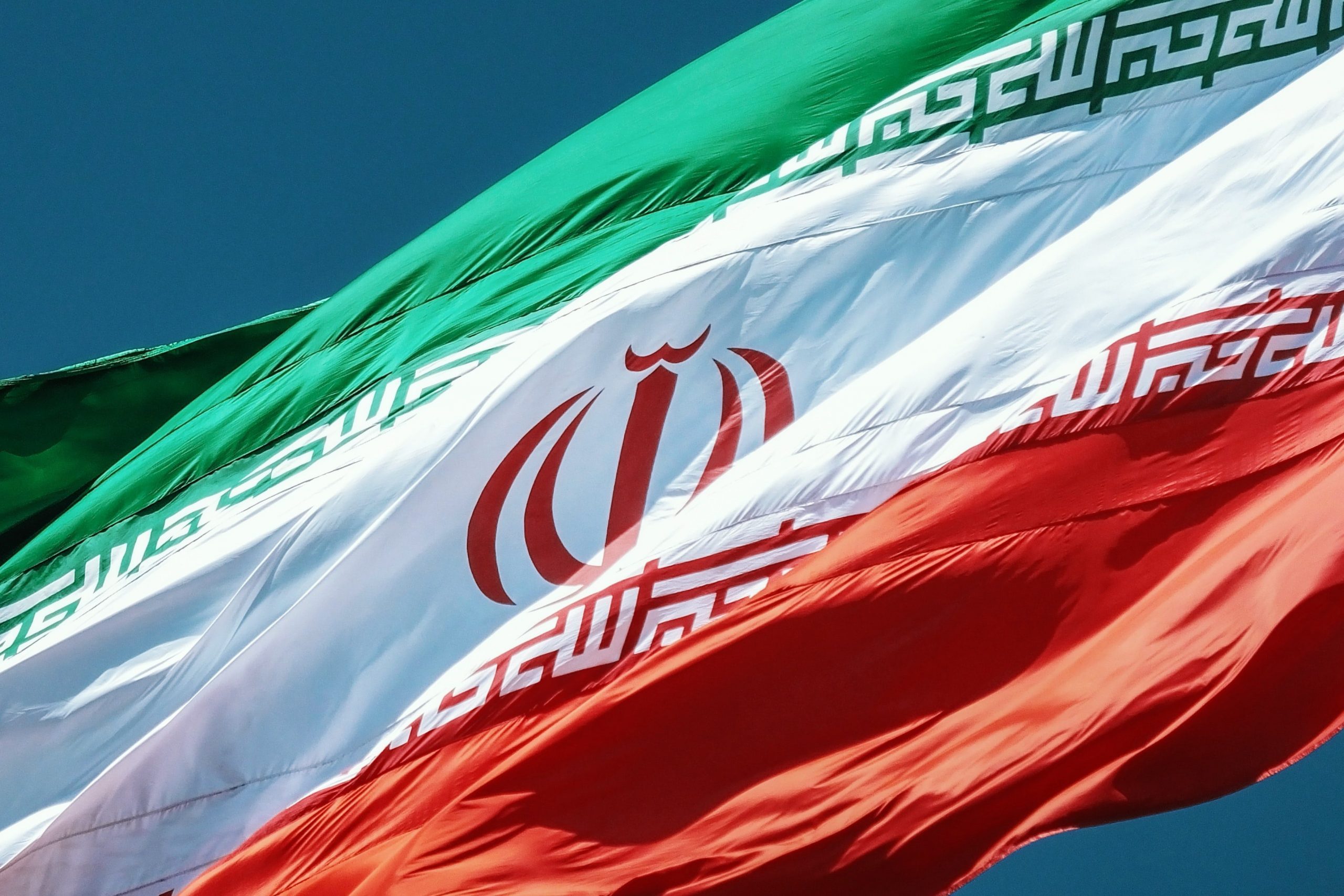
Lawyers for an American couple charged with murdering their daughter in Qatar have accused the prosecutor and medical examiner of relying on a “fraudulent” pathology report, and deceiving the judge hearing their case.
The allegation is contained within a letter sent to Qatar’s attorney general, requesting that he launch an investigation, by supporters of Matt and Grace Huang – whose eight-year-old daughter Gloria died in January 2013.
Lawyer Randy Papetti said in his letter that key evidence was falsified:
“The fluids and tissue samples supposedly preserved and analyzed in the pathology report have never been made available to the defense and the circumstances indicate they no not now and have never in fact existed … The Qatari Attorney General should immediately commence an investigation into what we believe is evidence of misconduct and bring those responsible to justice.”
The serious allegations come three weeks after final arguments in the case were heard in a Doha court ahead of a verdict that’s expected to be issued on March 27.
Prosecutors allege the the couple starved their daughter to death, but the Huangs – who adopted Gloria from Ghana – have said she had an eating disorder that stemmed from growing up in extreme poverty. The young girl would binge on food and then refuse it for several days.
Local authorities concluded Gloria died of dehydration and cachexia, or “wasting away” – a syndrome typically brought about by underlying conditions.
Examinations
In accusing the Huangs of fatally starving their daughter, the prosecutor implied that the pathology report proved Gloria had no diseases or other conditions that may have caused or contributed to her death, according to the couple’s supporters.
However, in documents sent to the attorney general this week and shared with Doha News, the Huangs’ legal team suggest the report was fabricated.
Specifically, they said a second examination of Gloria’s body, conducted in the US by pathologist Dr. Harry Bonnell, found no evidence that tissue samples had been removed from her brain or major organs in Qatar, meaning no analysis could have actually been performed:
“The post-mortem examination was totally inadequate by western standards. As a result, there are innumerable possible causes of death that were not ruled out,” Bonnell wrote, giving examples of diabetes, cardiac illness and a range of potentially fatal infections.
Trial concludes
The Huangs moved to Qatar in 2012 after Matt got a job working on a water purification and recycling project related to the 2022 World Cup. Earlier this year, he had a falling out with his sponsor and resigned, and the couple is now relying on the financial support from friends and family.
The Huangs were held in custody for nearly a year after being arrested in January 2013. They are currently free on bail, but unable to leave the country to visit their sons, who are also adopted, in the United States.
During the course of the trial, supporters of the Huangs said that investigators deemed the Chinese-American couple to be “suspicious” for adopting African children. They attribute the misunderstanding to cultural differences surrounding adoption, which is general eschewed in favor of foster parenting in Muslim countries.
Conflicting evidence on the cause of Gloria’s death was presented at a court hearing last October – several months after Bonnell wrote his letter, which was dated March 25, 2013.
A supporter of the Huangs said the team did not receive the full case file until a couple of months later and then had to have all the documents translated, further delaying their analysis of the evidence.
The source added that the defense team gave prosecutors the benefit of the doubt and, rather than make accusations based on Bonnell’s finding, asked prosecutors to provide the tissue samples that were supposedly taken.
Speaking to the New York Times, Papetti said the defense team’s request to examine the samples were never granted.
Once final arguments were heard this month, “We had to go outside the case and bring it to the attorney general,” despite the risk of alienating Qatar’s legal authorities by publicly raising misconduct allegations, he was quoted as saying.
The supporter said that the team has not received a response to its request. It’s not clear if the letter will affect the scheduled verdict date of March 27.
Attempts by Doha News to reach Qatar’s attorney general for comment were not successful.
Thoughts?







